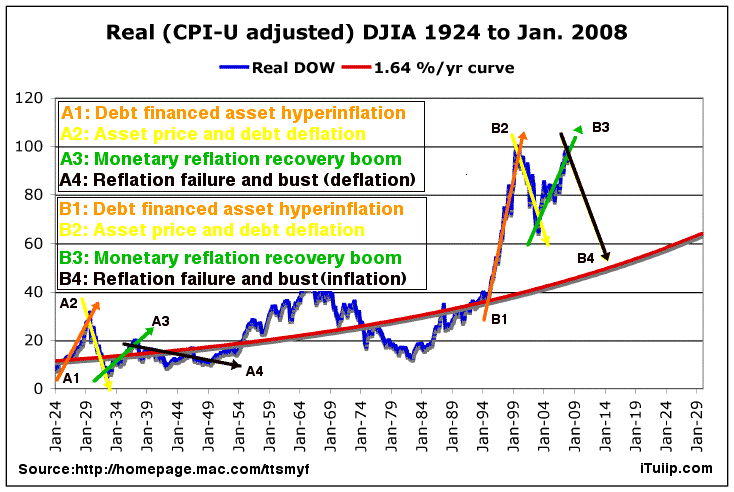Re: $150 billion stimulus plan announced
I would hope so!
But the bang of the stimulus package does not come from the people who receive the checks -- it comes from the monetization of the bond the Fed floats to write those checks.
Originally posted by babbittd
View Post
But the bang of the stimulus package does not come from the people who receive the checks -- it comes from the monetization of the bond the Fed floats to write those checks.

Comment